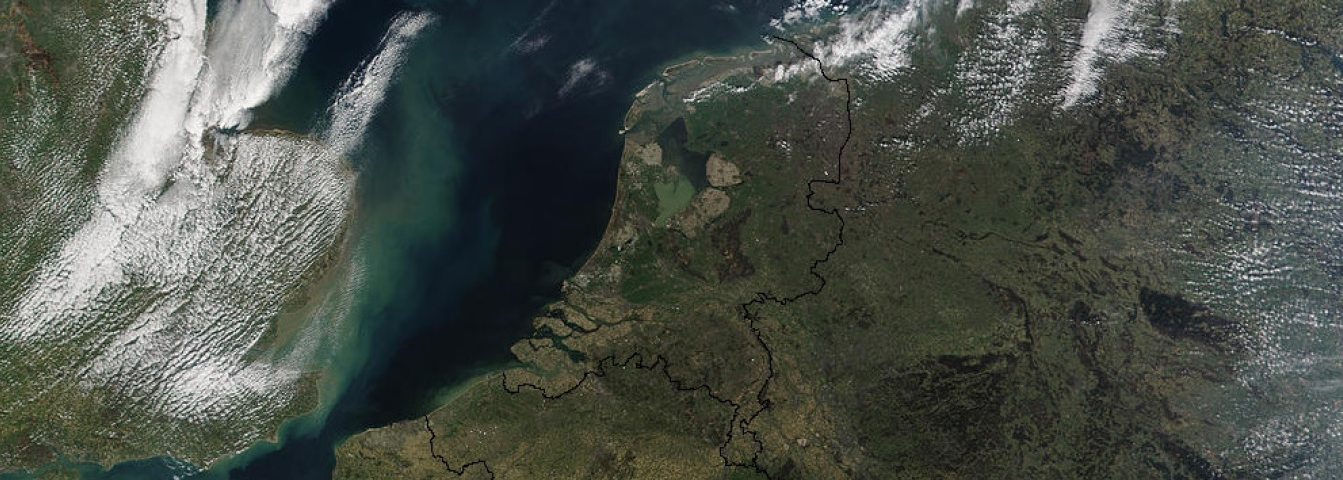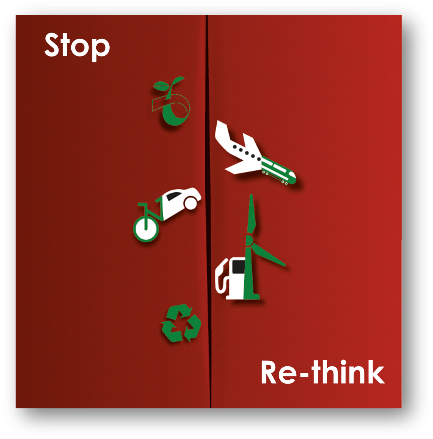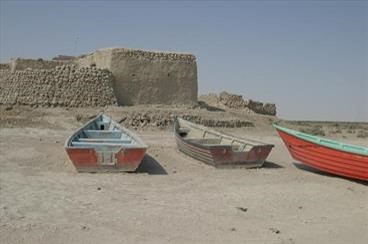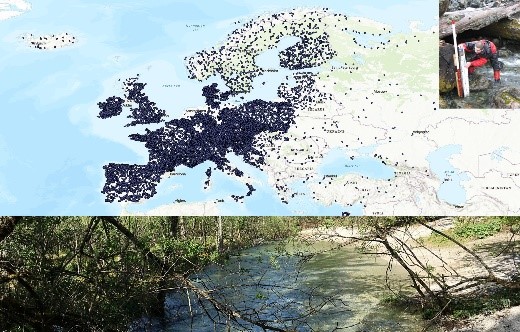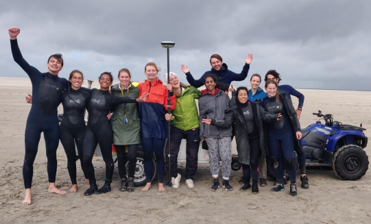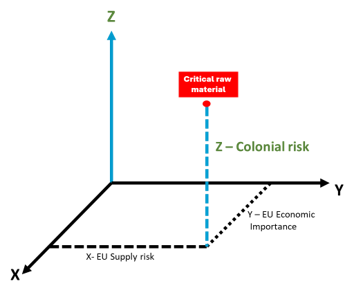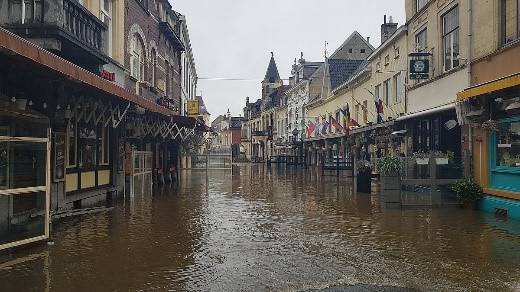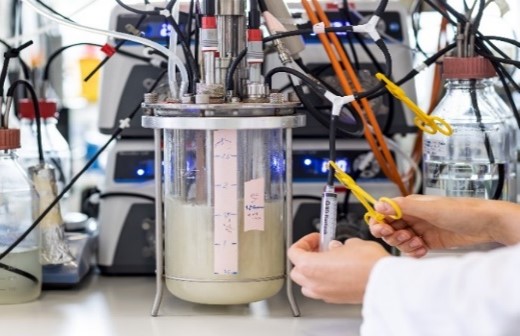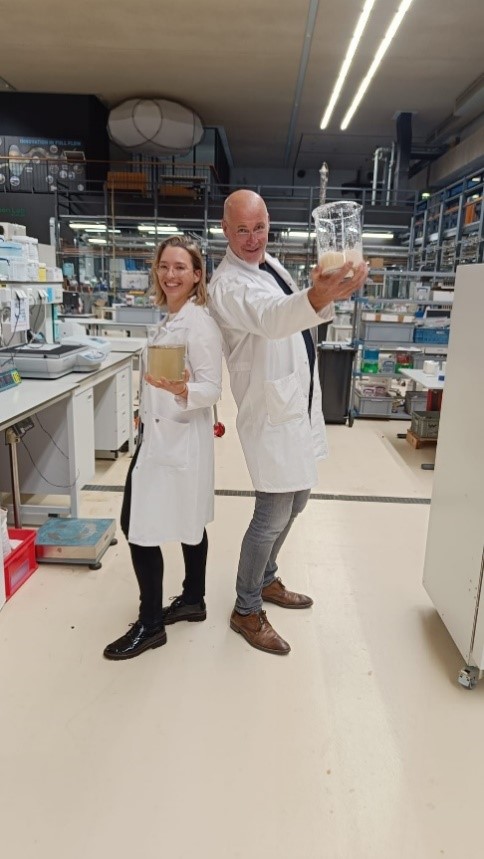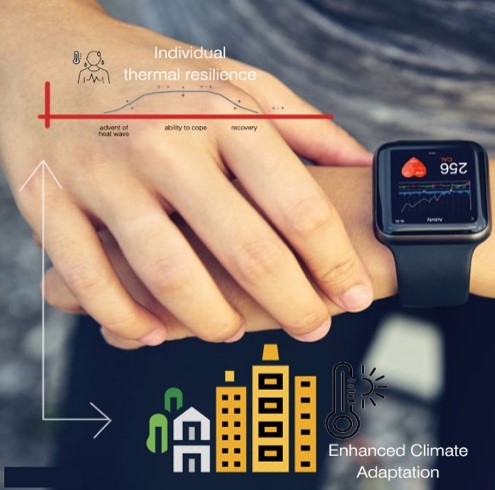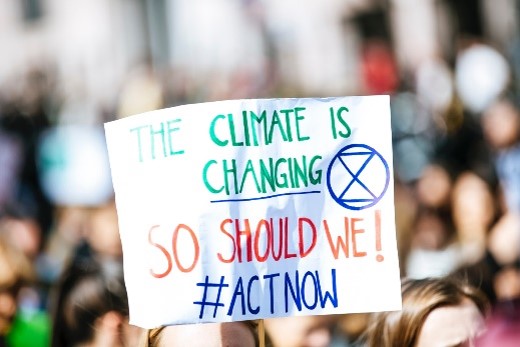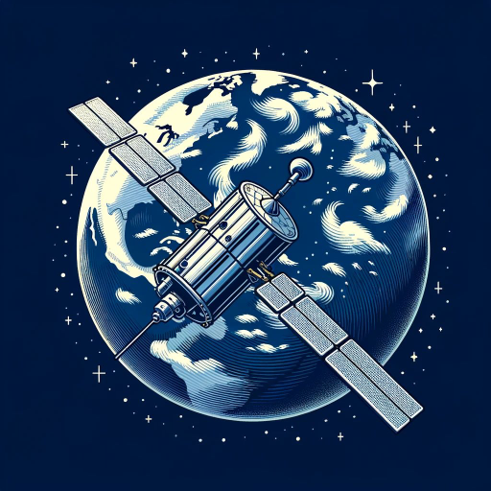Seed Fund Grants 2023 November
The Climate Action Research and Education Seed Fund supports research and education projects related to the TU Delft Climate Action Programme, its themes (science, mitigation, adaptation, governance) and/or its flagship projects.
These are the winners of November 2023:
Stop and Re-think: how design interventions can stop automaticity in consumer behaviour and help re-think overconsumption
Most of the decisions we take and most of the behaviours we have are dependent on automaticity, on routines and habits. Despite their importance, habits and routines represent crucial vulnerabilities to the sustainability challenge and make us resistant to change. The objective of this project is to conceptualize, develop and test design interventions that make consumers “stop and re-think”, by disrupting automaticity in consumer behaviour and open a window of opportunity for sustainable behavioural change, in particular, in the context of overconsumption.
On Thirst and Mirage: a research on the spatial impact of climate change on the desert landscapes in conflict zones and the resulted displacements
This project investigates the spatial impact of climate change on the fragile desert landscapes of conflict zones. It maps and documents the impact of drought on the landscape and communities at the border zone of Iran, Pakistan and Afghanistan – what was historically known as the Balochistan region. While historically this region has been inhabited by various nomadic and settled communities, they used to share the few bodies of water and techniques of employing water resources. However, this strategically important area has been at the centre of political tensions, including economic hardship, security threats, proxy conflicts and border disputes, all of which have been exacerbated by the ongoing effects of the climate change, resulting to the disjunction of water ecologies and disembodied governance of resources and increasing political tension between countries and eventually to migration and displacements of communities. We will explore the complex relationship between the vernacular built environment, the arid landscape and water ecologies, traditional methods of water management as well as the technocratic modernization of water management in this region and how all these have been affected by the political context.
Establishment of a lab to develop low-cost solutions to measure the sponginess of cities
To adapt to the increased intense rainfall events, urban areas have started to install blue-green infrastructure (bioswales, raingardens and green roofs) ubiquitously. To make sure that these decentralised solutions keep performing as expected, they should be monitored using either inhibitively expensive sensors, or low-cost sensors of which the long-term reliability is questionable. In this project, we will assess how well low-cost sensors can function over the long term, and redesign existing low-cost sensors specifically for the use in blue-green infrastructure applications. This will help us monitor and optimise our infrastructure whilst minimising the use of critical raw materials.
By Dr. Job van der Werf
Faculty of CEG
Building a European River Flow Data Access Platform
In this project we aim to facilitate systematic, harmonized and user-friendly access to European river flow data. The project output will be an open source software: the European River Flow Data Access Platform (EURIDAP). This tool will enable users to browse a European catalogue to find, access and directly download existing European river flow data with harmonized data formats and quality flags. EURIDAP will be instrumental to overcome current obstacles for data access in water-related research and to develop solutions to water problems at local, regional and continental scales.
Delta Squad – a Student Squad to Capture Extreme Events
We propose to set up a student squad that is on standby and can carry out field campaigns in rivers, estuaries and coasts in rapid response to forecasted events. This will provide us essential data to understand how storms, floods and droughts impact our delta and how we can cope with it.
Reshaping the future of food: 3D printing for novel and healthy products
The food sector is undergoing major transitions, with an increasing demand for healthier and more natural food products. To create novel food structures, innovative ways for food production to reduce greenhouse gas emissions are needed.
In this project we aim to investigate the fundamental physical mechanisms of multi-material food 3D printing to improve the structural properties and nutritional value of plant-based food products, with the goal to reduce environmental impact and contribute to the formation of a more resilient food system.
Making “Colonial Risk” visible in Critical Raw Materials for Climate Transitions (and the avoided harm from re-using them!)
This project enables a meaningful engagement between researchers committed to climate action and grassroots organizations with a first-hand understanding of colonial practices around critical raw materials extraction. That includes producing a “colonial risk” as a third axis complementing the EU critical assessment only based on “supply risk” vs. “economic importance.” We aim to conceptualize the (de)colonizing responsibility in climate transitions research and education, and the avoided extractive damage from circular solutions.
The Limburg Atlas: during and beyond the flood
In this project, we will reconstruct the July’21 Flooding of Valkenburg, Limburg, the Netherlands using data assimilation and create ‘The Limburg Atlas: during and beyond the flood’ to share the outcomes of the reconstruction to a non-scientific audience. With the reconstruction, we aim to gain insight into how well the flooding could have been forecasted based on at that moment available data and models used, resulting in a predictability map. With The Limburg Atlas, we will broaden the awareness and comprehension of the flooding and use of mathematical models among a wider non-scientific community.
Co-feeding of formate to increase carbon assimilation in microbial communities: quantifying ecology to sustainably advance biotechnology
Formate production from CO2 can contribute to the storage of excess electricity produced at off-peak hours from renewable and intermittent sources. Preliminary results in our laboratory show that microorganisms use it directly as carbon source and co-fed with sugars, it increases the overall carbon efficiency of the system. We are currently working to explain the pathways that microorganisms follow to metabolise formate and quantify this potential increase on biomass yield. We do this by conducting experiments using laboratory bioreactors inoculated with environmental samples. If our hypotheses are validated, we will be able to design biotechnologies with a higher carbon efficiency to, for example, produce protein suitable for animal or human consumption. This research will fundamentally contribute to shaping the future of formate-based biotechnologies, mitigating CO2 emissions, and fostering the development of a circular economy.
Production of Natural Organic Matter (NOM) from ion exchange waste streams for climate adaptation research and education (NOMCLIM)
Natural organic matter (NOM) concentrations in surface waters in the northern hemisphere have increased in the past decades. An important reason is climate change. This project aims to facilitate research on NOM by providing the research community on a sustainable cost-recovery basis with NOM, harvested from Western European surface waters and groundwaters. Thereto, together with MSc and PhD students, we aim to desalt NOM originating from waste streams of selected drinking water treatment plants in Western Europe, characterize their size fractions and chemical composition, use NOM in example projects, and distribute the NOM to interested research groups.
By Dr. Jan Willem Foppen
Faculty of CEG
Measuring Occupant Resilience to Extreme Heat (MORE)
The aim is to explore a cross-disciplinary methodology in collaboration with Maastricht University and Politecnico di Milano, integrating physiology, building physics, and computer science, to measure individual resilience during extreme heat, informing climate adaptation strategies and building design. Assessing both indoor and outdoor comfort, this initiative leverages cost-effective wearables for comprehensive data collection. The seed fund aims to establish a collaborative foundation for a larger-scale project on measuring individual resilience levels in the face of climate adaptation challenges.
But What Should We Do? Ethics of Climate Action.
Climate action aims to create a better, more just world; it therefore requires not just technical knowledge, but ethical understanding too. This project will bring a series of the world’s top climate ethicists to TU Delft’s Climate Action Hub, to present their ideas about the ethical obligations the climate crisis creates for different societal actors—for private citizens and families; for groups and organisations; and for governments. The outcome will be a series of talks and videos, accessible to a wide transdisciplinary audience.
AI-Powered Improvements to Satellite Wind Products
Recent field measurements have revealed a strong coupling between shallow clouds and mesoscale (O (100 km)) circulations in the atmosphere, which needs to be understood more statistically for reducing uncertainty in climate warming projections, as also recognized by the World Climate Research Programme’s (WCRP) 7 Grand Challenges of Climate Science. To achieve this, scatterometer (satellite instrument) measurements of surface wind vectors spanning almost two decades can be a suitable tool, despite challenges like missing observations at specific geographic coordinates and low signal-to-noise ratios in the original fine-grid sampling. This project aims to utilize modern AI techniques, including deep learning, to enhance scatterometer measurements, aiding in scientific research and weather forecasting models, while also maintaining a strong interest in physics-informed machine learning to integrate domain-specific knowledge into data-driven models.
